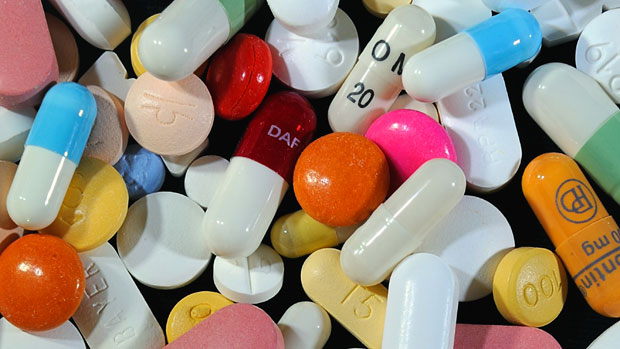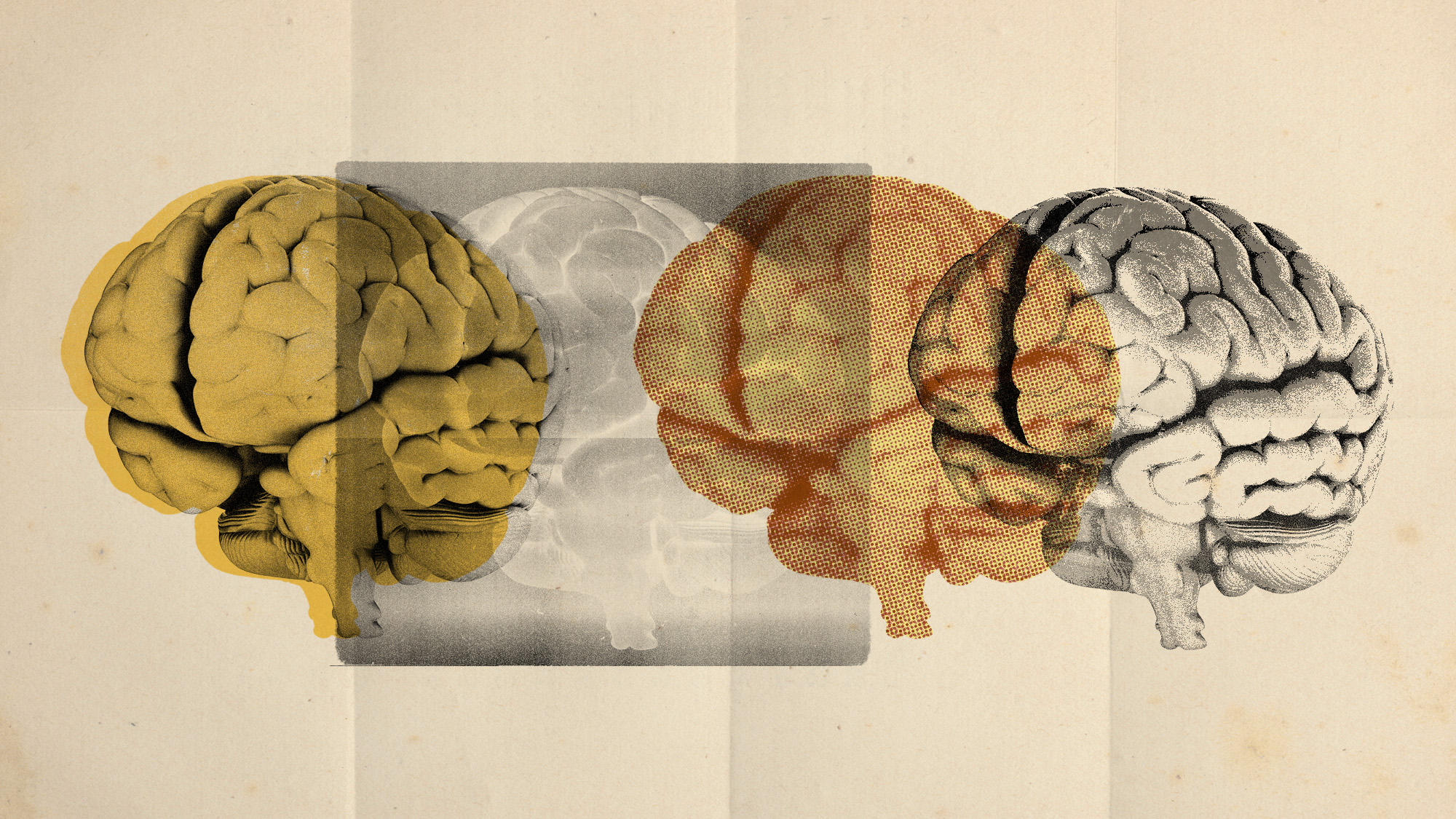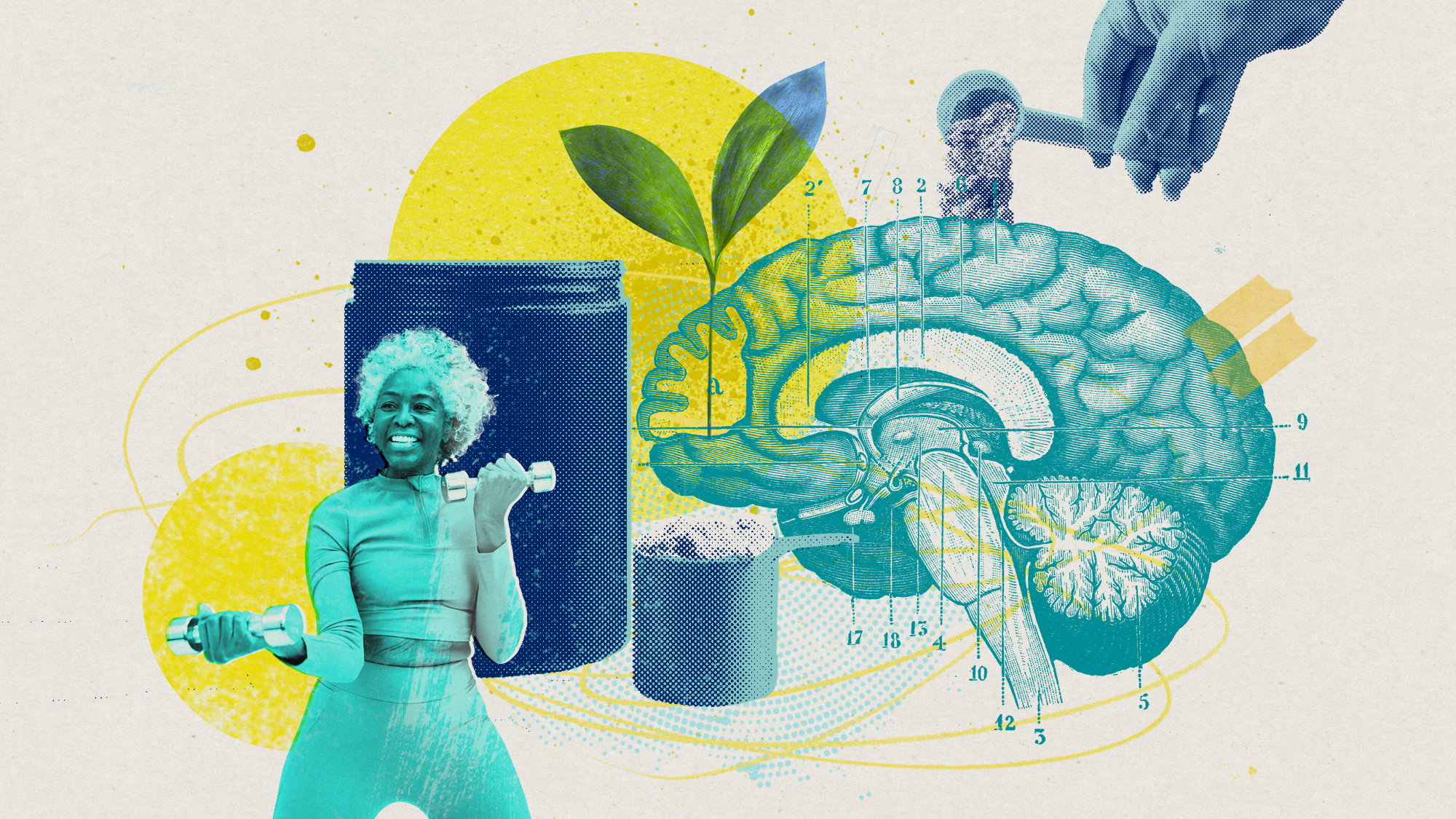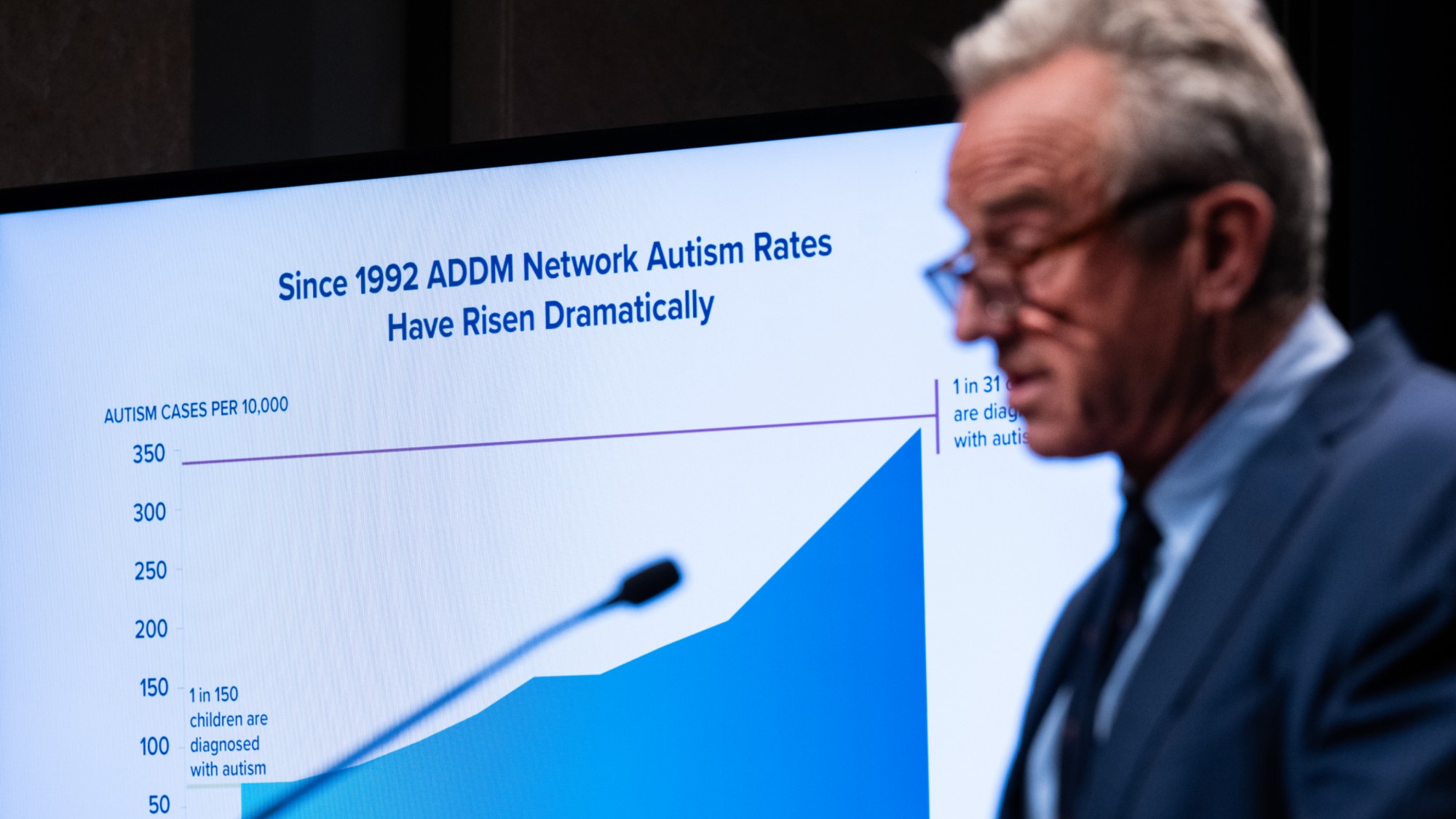Antidepressants do work, biggest ever study finds
Scientists claim to have finally resolved debate - but others disagree

A free daily email with the biggest news stories of the day – and the best features from TheWeek.com
You are now subscribed
Your newsletter sign-up was successful
Scientists claim to have settled “one of medicine’s biggest debates” after the largest ever study of its kind found that antidepressants really do work.
The study, which analysed data from 522 trials involving 116,477 people, found “21 common antidepressants were all more more effective than dummy pills” in reducing symptoms of acute depression, the BBC reports. However, the researchers also found “big differences in how effective each drug is”.
The most effective drug was amitriptyline, Sky News reports, while one of the least effective was fluoxetine - a selective serotonin reuptake inhibitor (SSRI) more commonly known as Prozac.
The Week
Escape your echo chamber. Get the facts behind the news, plus analysis from multiple perspectives.

Sign up for The Week's Free Newsletters
From our morning news briefing to a weekly Good News Newsletter, get the best of The Week delivered directly to your inbox.
From our morning news briefing to a weekly Good News Newsletter, get the best of The Week delivered directly to your inbox.
The authors of the report, published in The Lancet, say the research shows that “many more people could benefit” from the use of antidepressants.
The Royal College of Psychiatrists said the study “finally puts to bed the controversy on antidepressants”. Research leader Andrea Cipriani, of Oxford University, warned that antidepressants will not work for everyone, however, saying that around a third of depressed patients do not respond to such medication.
Not everyone agrees that the debate over the efficiacy of antidepressants has been resolved.
Quartz writer Olivia Goldhill points out that a major 2008 meta-analysis found antidepressants to be no more effective than placebos. The research, led by Irving Kirsch, the associate director of the programme in placebo studies at Harvard Medical School, featured information obtained through the Freedom of Information Act, including data that pharmaceutical companies sent to the US Food and Drug Administration (FDA) on all sponsored clinical trials, many of them unpublished.
A free daily email with the biggest news stories of the day – and the best features from TheWeek.com
“Almost half of the clinical trials sponsored by the drug companies have not been published,” Kirsch wrote in a 2014 paper. “The results of the unpublished trials were known only to the drug companies and the FDA, and most of them failed to find a significant benefit of drug over placebo.”
If you or a person you’re worried about expresses suicidal feelings, you or they should contact a GP or NHS 111. You can also call the Samaritans free on 116 123 for confidential, 24-hour support, or Mind, the mental health charity, on 0300 123 3393.
-
 Quentin Deranque: a student’s death energizes the French far right
Quentin Deranque: a student’s death energizes the French far rightIN THE SPOTLIGHT Reactions to the violent killing of an ultra-conservative activist offer a glimpse at the culture wars roiling France ahead of next year’s elections.
-
 Secured vs. unsecured loans: how do they differ and which is better?
Secured vs. unsecured loans: how do they differ and which is better?the explainer They are distinguished by the level of risk and the inclusion of collateral
-
 ‘States that set ambitious climate targets are already feeling the tension’
‘States that set ambitious climate targets are already feeling the tension’Instant Opinion Opinion, comment and editorials of the day
-
 ‘Longevity fixation syndrome’: the allure of eternal youth
‘Longevity fixation syndrome’: the allure of eternal youthIn The Spotlight Obsession with beating biological clock identified as damaging new addiction
-
 RFK Jr. sets his sights on linking antidepressants to mass violence
RFK Jr. sets his sights on linking antidepressants to mass violenceThe Explainer The health secretary’s crusade to Make America Healthy Again has vital mental health medications on the agenda
-
 The app tackling porn addiction
The app tackling porn addictionUnder the Radar Blending behavioural science with cutting-edge technology, Quittr is part of a growing abstinence movement among men focused on self-improvement
-
 Scientists have identified 4 distinct autism subtypes
Scientists have identified 4 distinct autism subtypesUnder the radar They could lead to more accurate diagnosis and care
-
 'Poo pills' and the war on superbugs
'Poo pills' and the war on superbugsThe Explainer Antimicrobial resistance is causing millions of deaths. Could a faeces-filled pill change all that?
-
 'Wonder drug': the potential health benefits of creatine
'Wonder drug': the potential health benefits of creatineThe Explainer Popular fitness supplement shows promise in easing symptoms of everything from depression to menopause and could even help prevent Alzheimer's
-
 Fly like a breeze with these 5 tips to help cope with air travel anxiety
Fly like a breeze with these 5 tips to help cope with air travel anxietyThe Week Recommends You can soothe your nervousness about flying before boarding the plane
-
 RFK Jr.'s focus on autism draws the ire of researchers
RFK Jr.'s focus on autism draws the ire of researchersIn the Spotlight Many of Kennedy's assertions have been condemned by experts and advocates